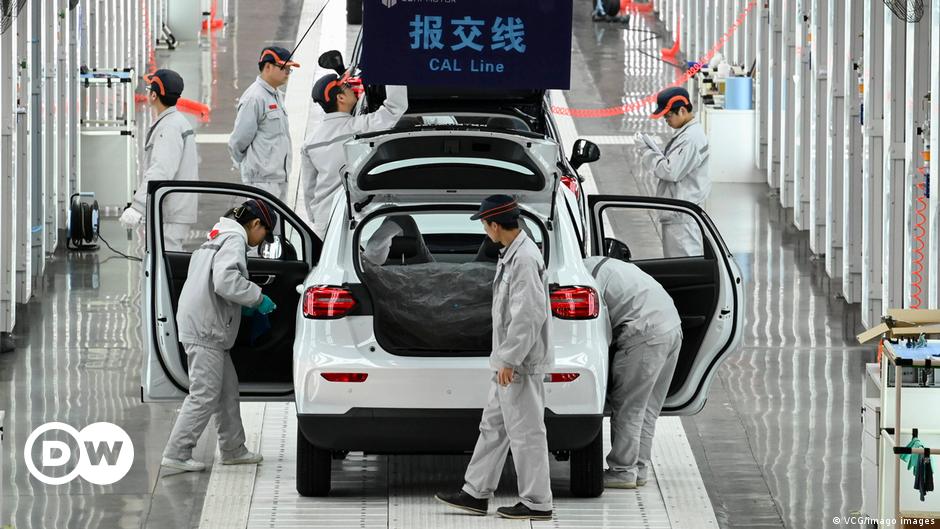Beijing’s industrial subsidies are on average three to four times higher than in Organisation for Economic Co-operation and Development (OECD) countries — sometimes up to nine times as much. A report published this week by IfW-Kiel estimated that industrial subsidies amounted to €221 billion or 1.73% of China’s gross domestic product in 2019. Another study put annual subsidies typically at around 5% of GDP.
The IfW-Kiel report revealed how Chinese subsidies for domestic green-tech firms had increased significantly in 2022. The world’s largest EV maker, BYD, received €2.1 billion, compared with €220 million just two years earlier. Support for wind turbine maker Mingyang rose from €20 million to €52 million.
Europe’s green-energy sector has already taken a beating from cheap Chinese imports of solar panels, which have wiped out several domestic players and prompted an EU anti-subsidy probe. Though EU countries installed record levels of solar capacity last year — 40% more than in 2022 — the vast majority of panels and parts came from China, according to data from the International Energy Agency.
Analysts argue that China can’t succeed without strong and stable markets for its products, which should give US and EU leaders the edge in negotiations with Beijing.



As a German I hate to break it to you Germany, but didn’t you kill your advanced clean technology more than ten years ago for fucking coal? And everybody said it would be a fatal mistake, we would be left behind?
I’m a surprised Pikachu.
Well, except that is was cheap Russian gas and not coal. Otherwise spot on.
For wind turbines that is still strong. It is just solar that is the problem. For the most part that was doing well, due to heavy subsidies for new solar installations in Germany. As soon as Chinese solar panels appeared, they were cheaper then German ones. Then subsidies got slashed at the same time and protection was low. So the domestic market shrunk a lot, while China was taking market share. Really bad government response.